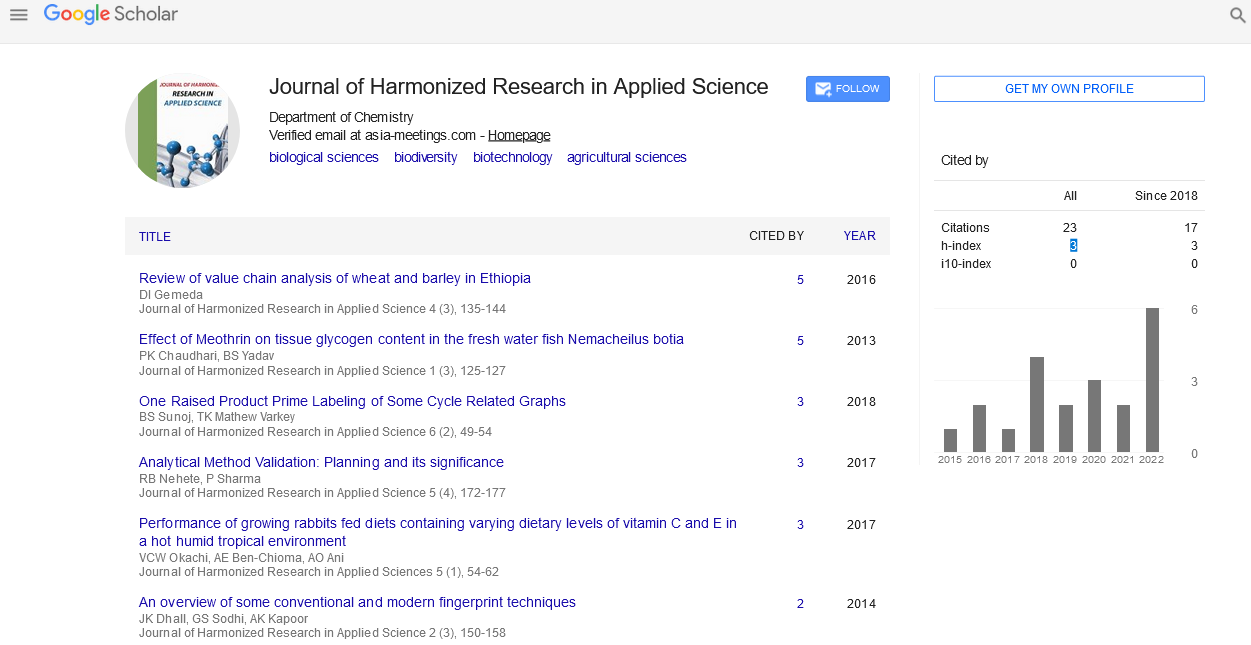PHYTOCHEMICAL ANALYSIS AND EVALUATION OF BACTERIOSTATIC EFFECT OF NEEM (Azadirachta indica) LEAVES ON SOME CLINICAL BACTERIAL ISOLATES.
Abstract
Author(s): Shuâaibu I., Hamman, J. B., Goje L. J., Muâinat A. M. Jauro H. A. and Kabiru M. Y.
The present study was carried out to evaluate the antibacterial properties of Azadirachta indica leaves against certain bacterial isolates (Staphylococcus aureus, Salmonella species, Escherichia coli and Shigella species) using disc diffusion method. The leaf extracts of Azadirachta indica were prepared using different solvents; methanol, ethanol and petroleum ether and were screened for antimicrobial active principles. The phytochemical screening of the leaf extracts revealed the presence of alkaloids, flavonoids and saponins. Resin was only present in ethanol extract. The antibacterial susceptibility testing of petroleum ether extract, ethanol extract, and methanol extract of neem leaves were carried out by disc diffusion method using Mueller-Hinton agar. Partial inhibitions were exhibited by all the extracts; no absolute growth inhibition recorded anyway. Different control standard drugs were used on Salmonella species, E. coli, S. aureus and Shigella species and these were ciprofloxacin, gentamycin, streptomycin and chloramphenicol respectively. The highest concentration (100µg/disc) of petroleum ether extract recorded partial activity on all the organisms with 13.0mm, 8.0mm, 9.0mm and 9.0mm on Shigella spp., E. coli, S. aureus, and Salmonella spp respectively. Ethanol extract was only partially active on S. aureus and Salmonella spp with 7.0mm and 9.00mm zones of inhibition respectively. Methanol extract was also partially active on S. aureus and Salmonella spp with 7.0mm inhibition zone on each. The results obtained from the different standard antibiotics on different bacterial isolates indicated that only streptomycin was inactive on the S. aureus tested while ciprofloxacin, gentamycin and chloramphenicol showed remarkable zones of inhibitions; (40, 48.0, 46.0)mm, (19.0, 18.0, 20.0)mm and (34.0, 20.0, 20.0)mm respectively. Petroleum ether extract showed better antibacterial activity against the tested bacterial isolates. Key words: Antibacterial, Bacteriostatic, Clinical Isolates, Phytochemical screening.










